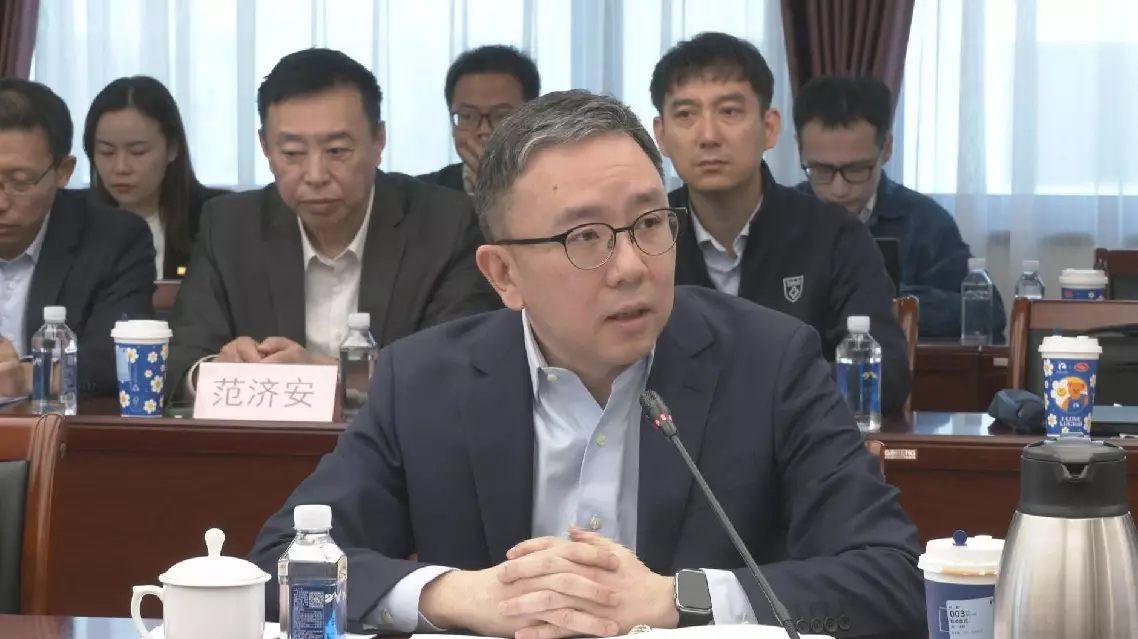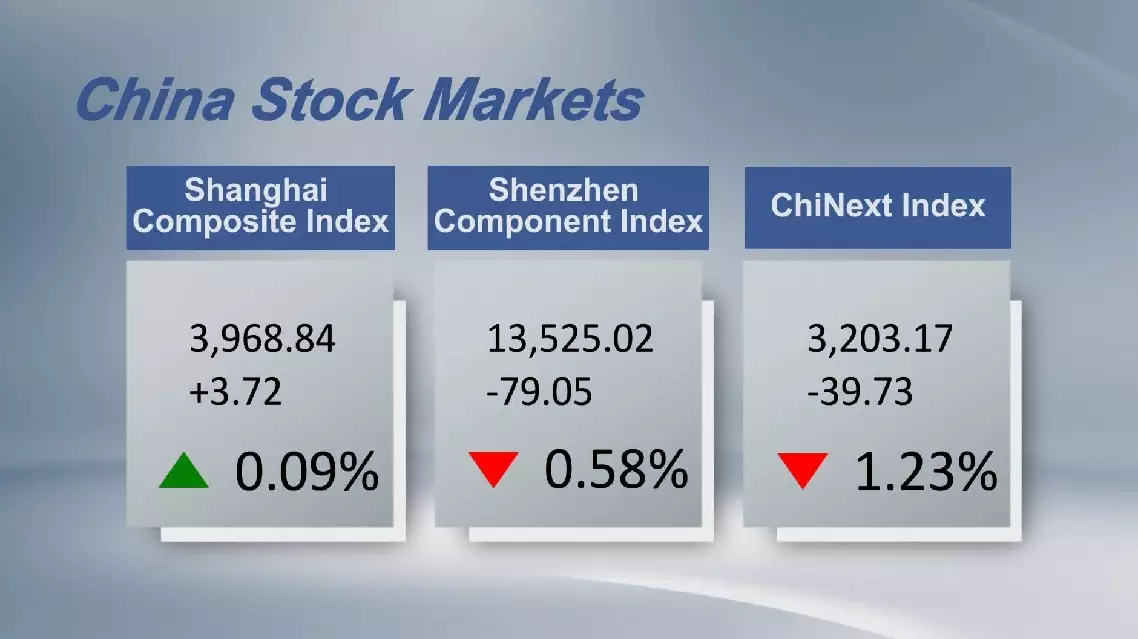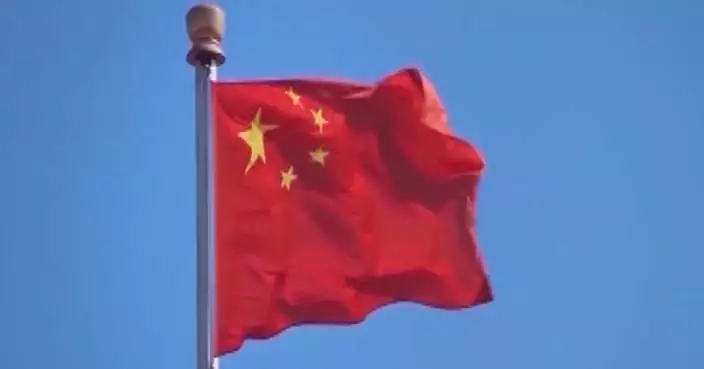China's State-owned Assets Supervision and Administration Commission (SASAC) on Monday announced significant progress in its "AI+" initiative for centrally-administered state-owned enterprises (SOEs) in the pursuit of higher growth and efficiency, with over 500 application scenarios already deployed across key industries.
At a briefing, SASAC revealed that its "AI+" initiative is yielding positive results in crucial areas of the AI industry, including applications, computing power, data, and models. The initiative has involved the rollout of specific support policies and specialized AI training programs for SOEs.
"We currently have applications deployed in an layout of over 500 scenarios in key industries such as industrial manufacturing, energy, power grids, and intelligent connected vehicles. AI is significantly improving efficiency and reducing costs in areas like scientific-technological research, production and customer service. We have also actively guided two batches of centrally-administered SOEs to open application scenarios to society to build cooperation platforms," said Dai Xi, director of SASAC's Planning and Development Bureau.
The briefing highlighted that centrally-administered SOEs have amassed high-quality datasets in key sectors like transportation and logistics, financial services, green and low-carbon initiatives, industrial manufacturing, and the petroleum and petrochemical industries. They have also participated in the construction of multiple data annotation bases and invested in data companies that use specialized and sophisticated technologies to produce novel and unique products. Furthermore, a new centrally-administered SOE, China Shulian Logistics Information Co., Ltd., has been established to explore innovative models for the development and utilization of public data.
At the briefing, SASAC officials indicated that the "AI+" initiative will continue to be deepened throughout the year.
"We will focus on high-value scenarios with strong strategic significance, high economic returns, and close ties to people's livelihoods, to strengthen industry collaboration, expand openness and cooperation, and strengthen the deployment of scenarios. Centrally-administered SOEs will definitely increase their financial investment, adhere to a combination of production and investment, and use investment to promote production, and continue to expand long-term, strategic and patient capital for greater development of AI," Dai said.

China's SOEs embrace 'AI+' for higher growth, efficiency: authorities









